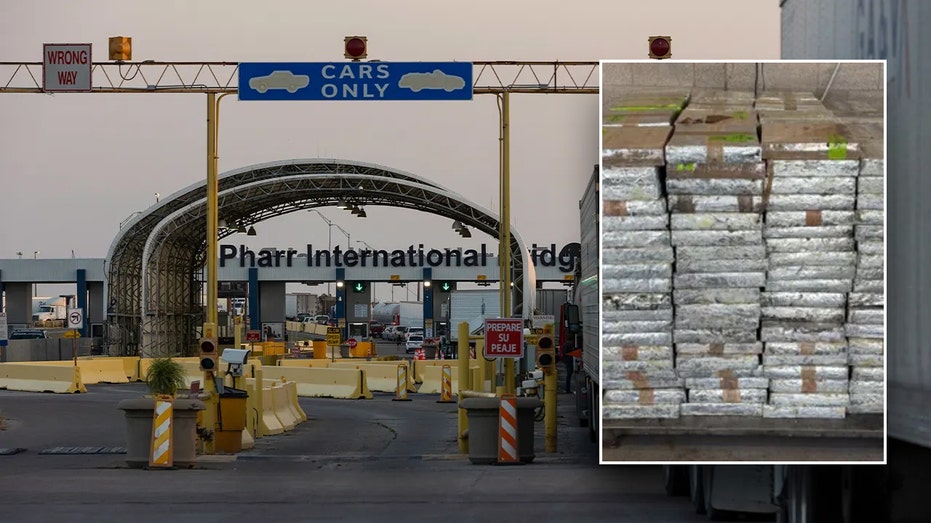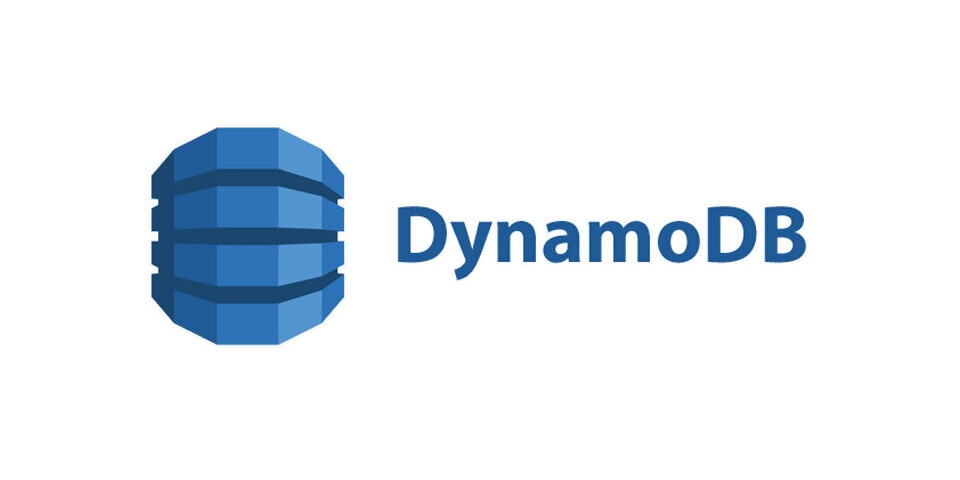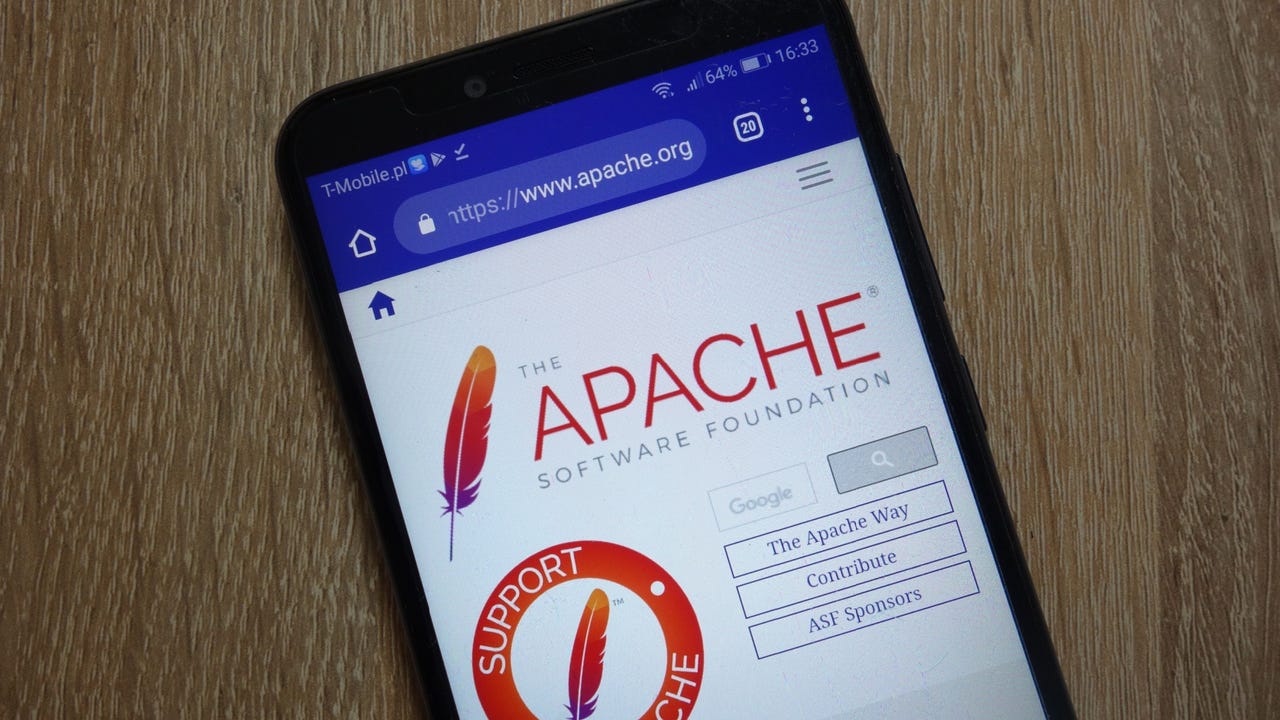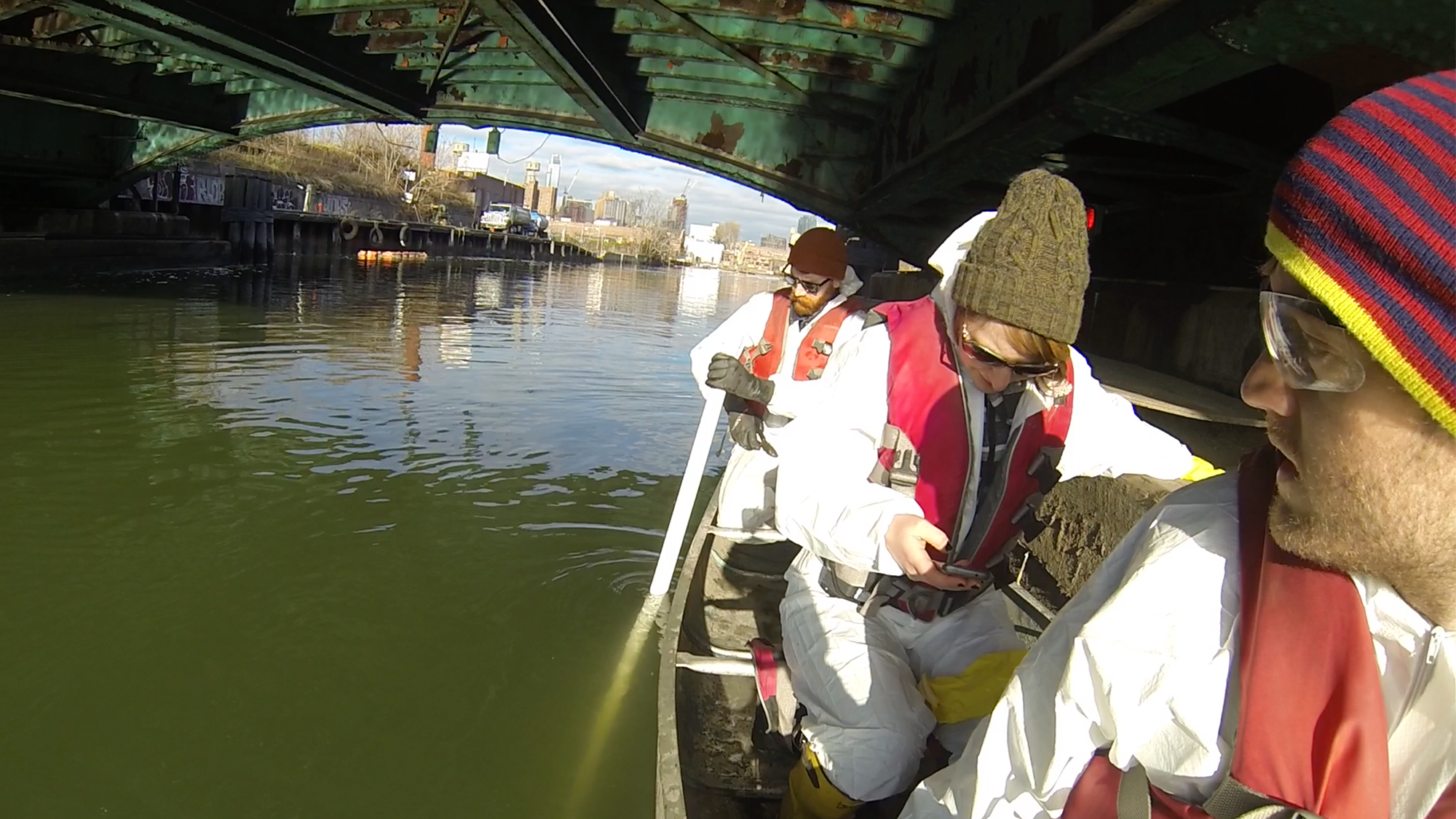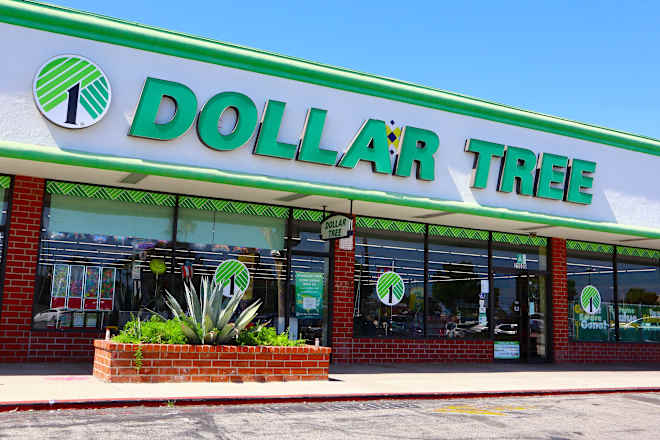Even safe-haven assets may not be quite so safe anymore
Investors often flock to assets such as gold, the dollar and Treasurys in troubled times, but some may be losing their allure amid the market turmoil.
Srinophan69/Getty Images
- Some investors seek safe-haven assets in troubled times such as the current tariff-induced market turmoil.
- Gold hit record highs this year, with Bank of America maintaining its target of $3,500 an ounce.
- US dollar weakness and turmoil in bond markets indicate some doubts over their safe-haven status.
The turmoil engulfing global stock markets in recent days has prompted some investors to seek out "safe-haven" assets that typically maintain their value during periods of market turbulence.
Here's some of the main safe-haven assets and how "safe" they're proving in the market turmoil.
1. Gold
Gold prices hit record highs above the $3,000 threshold for the first time last month as fears of an economic downturn, tariff uncertainty, and purchases by central banks drove up demand.
The metal hit almost $3,150 at the end of March but has since retreated to just above $3,000.
John Reade, senior market strategist at the World Gold Council, told Business Insider that gold's rally this year was evidence of its enduring status as a safe-haven asset, and that the recent dips had not changed that.
Analysts at the Bank of America, led by Michael Widmer, said in a note on Sunday they maintained a price target of $3,500 for gold.
"Not all of President Trump's economic policies are fully compatible and rising policy uncertainty has been accompanied by higher gold prices," they said. "With the US becoming more inward-looking, there is also a risk that de-dollarization will continue, which should help the yellow metal." REUTERS/Arnd Wiegmann
2. Currencies
Certain currencies including the US dollar are usually considered to be safe havens in troubled times. However, some investors are seeking alternatives to the greenback after it plunged following Trump's tariff announcements.
The dollar's failure to strengthen means its status may be under threat, wrote Deutsche Bank's George Saravelos in a recent note.
Factors include the US current account deficit breaching the 4% threshold in recent months and the declining correlation between the dollar and risk assets.
UBS analysts said on Tuesday the dollar index has fallen about 1% in April despite the market volatility.
"Over the medium term, we believe a more sustained period of weakness for the US dollar is likely if the Fed cuts interest rates faster than expected in response to weakness in US economic growth. In addition, we believe that the uncertainty may lead some market participants to diversify long-held and profitable dollar asset exposures."
Investors often turn to the Japanese yen and Swiss franc, which have both rallied this month.
"The yen is seen as a safe haven asset because Japan is one of the world's largest creditors," Jason DeLorenzo, owner and principal of investment advisor Ad Deum Funds, told BI. "When there's global turmoil, the Japanese will repatriate to the yen, and it appreciates." REUTERS/Shohei Miyano
3. Treasurys
Treasurys are bonds issued by the US Government. They're regarded as one of the safest investments available "because they reliably pay an interest rate that is seen as risk-free," DeLorenzo said.
David Weild, the former vice-chairman of Nasdaq, told BI that economic turmoil reduces the value of most asset classes except bonds issued by rock-solid nations such as the US.
"If you looked at what happened in the wake of 2008, the only thing that rallied in that case was the Treasurys," he said.
Some even had a negative yield, or interest rate. "That was a sign that everybody was thinking that the banking system was insolvent and that they had to keep their money someplace where they could get it back — and that was buying T-bills," Wield said.
Davide Accomazzo, instructor of finance at the Graziadio Business School of Pepperdine University, said the "go-to safe investments" in volatile times have traditionally been Treasurys, but that may not be the case for much longer.
"The proposed set of new policies might hurt the economy and generate inflation as well, a most unwelcome result," he said. "Bonds fare well in economic slowdowns, but rather badly during inflationary times."
On Wednesday Treasury markets were experiencing what Deutsche Bank analysts called an "incredibly aggressive selloff" that added "to the evidence that they're losing their traditional haven status."
The yield on 30-year bonds jumped again to 4.96% following the fastest increase since March 2020 over the past two trading sessions. The return on 10-year Treasurys hit
"There's no sign yet that the market is managing to successfully find a bottom, and it feels like no asset class has been spared as investors continue to price in a growing probability of a US recession," the Deutsche analysts wrote.
4. Defensive stocks
Defensive stocks are companies that generally have stable performance regardless of the economic situation, because they sell goods or provide services that consumers will keep needing to buy. Gene Puskar/AP
Costco is one example. The retailer's stock has fallen in the past five days at Tuesday's close, but by just 4% and is almost flat for the year. The stock is faring better than Walmart, which is down 7.3% over the past five days and almost 10% this year, while Amazon's declines total 9% and 22% respectively.
5. Cash
Last but not least, there's cash — and even that has some downsides.
"Cash is seen as a safe haven because if you have money that isn't invested, it can't lose," DeLorenzo said. "However, if assets increase in value, your cash doesn't, and that implicitly subjects your cash to losing value. Also, inflation hurts cash assets."
For Accomazzo, cash offers a respectable yield and no volatility, but he also likes bonds.
"Despite their negative correlation to inflation, bonds might just be the better option on an intermediate horizon given current good yields and a shot at principal appreciation if rates ultimately come down," he said.


